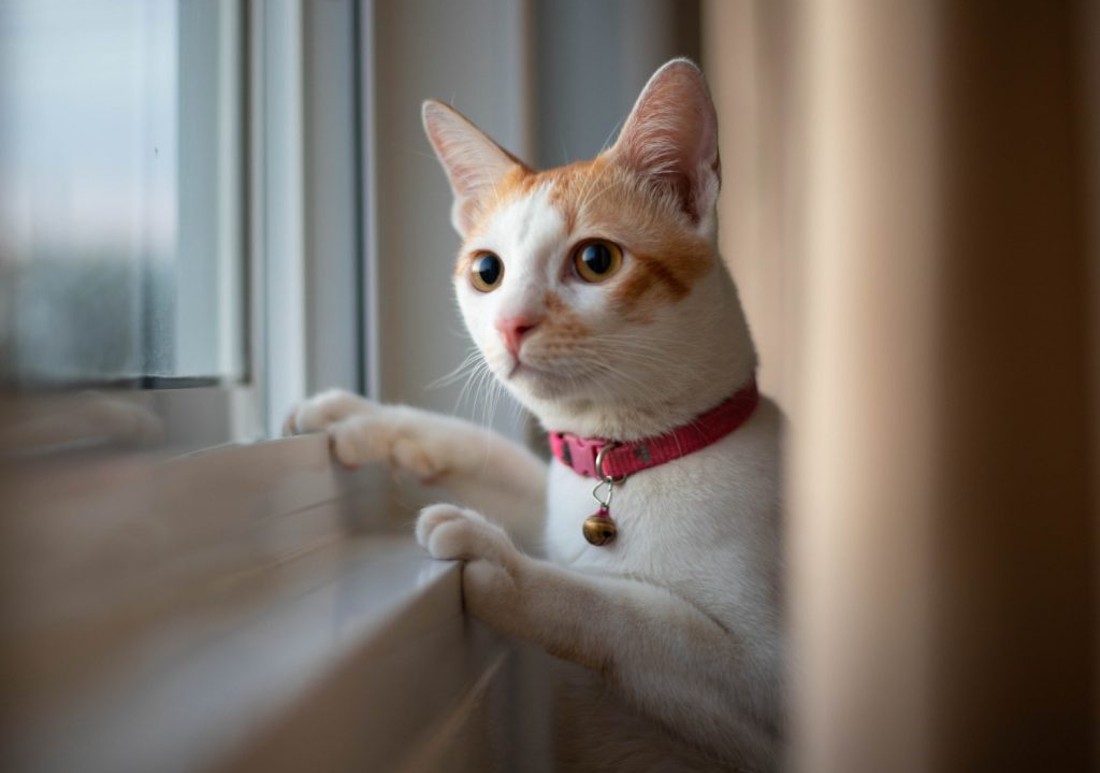How Long Can You Leave a Cat Alone at Home? Tips for Working Cat Parents

Cats are well known for their independent nature, but for cat owners who have demanding work schedules or frequently travel, it’s crucial to consider how long you can leave your feline companion alone at home. Although our feline friends are generally more self-reliant than dogs, they still need attention, care, and mental stimulation to thrive.
In this comprehensive guide, we’ll explore the various factors that influence how long you can safely leave your cat alone. We’ll also provide essential tips for working cat parents to ensure that their beloved pets remain happy, healthy, and content during their periods of absence. By understanding your cat’s needs and implementing the right strategies, you can promote their well-being and strengthen your bond with your furry companion.
Understanding Your Cat’s Needs
Before delving into the ideal duration of time to leave your cat alone, it’s important to know your pet’s specific needs. Cats, although more independent than some pets, are social animals and can experience loneliness if left alone for extended periods. Basic care essentials include ensuring they have access to fresh water, food, and a clean litter box.
Moreover, cats require mental and physical stimulation for their well-being, which you can provide through toys, scratching posts, and play. By addressing these fundamental needs, you can better understand how to cater to your cat’s comfort and happiness during your absence, ensuring they remain content and secure in your home.
How Long Can You Leave a Cat Alone?
The duration you can safely leave your cat alone hinges on several crucial factors. Age plays a significant role, as kittens and senior cats usually demand more attention and care compared to adult cats. Kittens, in particular, need frequent feeding and playtime to thrive. A cat’s health status, especially if they have medical conditions or special needs, may also necessitate more frequent monitoring and care.
Additionally, a cat’s personality is a key determinant—some felines are highly independent and adaptable, while others are more social and require companionship. A good rule of thumb is that you can leave a cat a home while you’re gone for a few days but always have someone check up on them and spend time with them at least once a day to ensure they have adequate food, water, and to clean their litter.
Tips for Leaving Your Cat Alone
To ensure your cat’s well-being when you’re away, consider these valuable tips. Start by providing adequate supplies, ensuring your cat has access to clean water, a well-stocked food bowl, and a clean litter box before you leave. Leave behind interactive toys that can engage your cat mentally and physically, such as puzzle feeders or treat-dispensing toys. Create a safe and comfortable space for your feline friend with cozy bedding, a scratching post, and a view of the outdoors.
Schedule playtime before and after work to bond and help burn off energy. You can even use a pet camera to check on your cat and interact with them remotely—some even dispense treats. If your schedule is demanding, consider hiring a pet sitter or asking a trusted neighbor for assistance. Keeping a consistent routine, including feeding and playtime schedules, is essential. These measures will help ensure your cat remains happy and content in your absence.
Leaving Your Cat for an Extended Period
When you need to be away for more than a day, it’s crucial to take additional measures to ensure your cat’s well-being. Consider options like reputable pet boarding facilities or cat hotels that offer professional care and attention to meet your cat’s needs. Alternatively, you can hire an in-home pet sitter who can provide care, companionship, and even stay overnight to maintain your cat’s routine.
Another reliable option is entrusting a trusted friend or family member to look after your cat during your absence. Whichever option you choose, make sure to prepare an ample supply of food, water, and litter to cover the duration of your time away. Consider which option your cat would be most comfortable in.
Final Note!
While cats are generally more independent than some pets, they still require attention, care, and mental stimulation. The ideal duration you can leave your cat alone varies based on factors like age, health, and personality. It’s essential to consider your cat’s unique requirements and make arrangements to meet those needs when you can’t be there personally. By understanding your cat’s needs and providing a safe, comfortable environment with appropriate resources, you can ensure your feline friend remains content and well-cared for during your workdays or trips away from home.
Your Pet’s Best Interest, Always
At Pet Institute, we take pet care seriously. We're dedicated to transparency, impartiality, and the well-being of your pets in every article, review, and recommendation we provide. Our unwavering commitment to these principles ensures that you, our valued reader, always receive reliable and unbiased information. Let us be your trusted guide in the world of pet care and companionship.